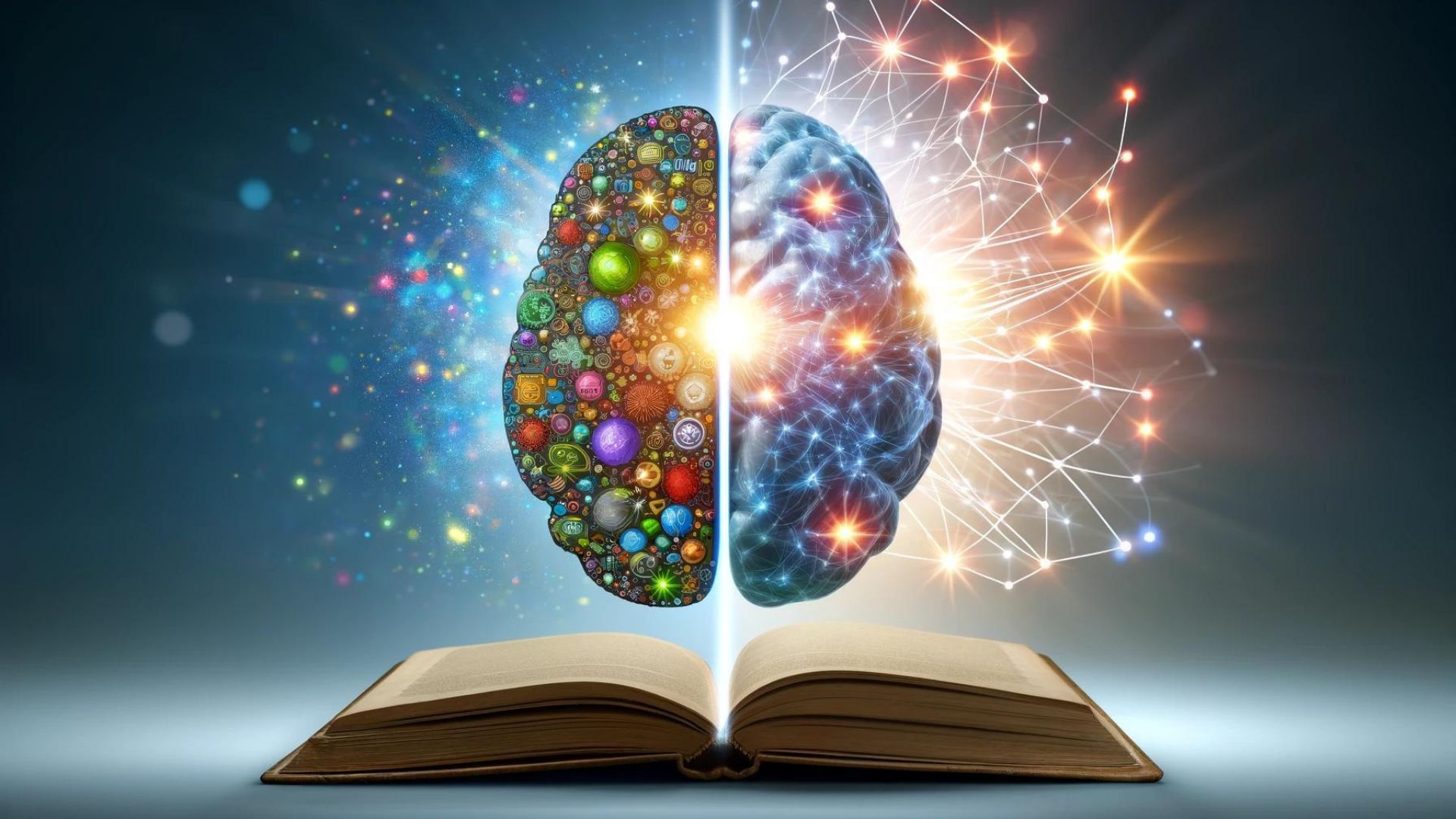Spotlight: Is It More Valuable to Learn Facts or Think Critically?
In the realm of education, a timeless question lingers: should we prioritize the acquisition of facts or the development of critical thinking skills? While both hold immense value, understanding the delicate balance between the two is essential for shaping well-rounded and adaptable learners.
The Case for Facts
- Foundation of Knowledge: Facts form the basic building blocks of understanding. Subjects like history, science, and mathematics rely on a core body of established information and principles.
- Informed Decision-making: Having factual knowledge at our fingertips empowers us to make informed choices about complex topics, from scientific debates to social issues.
- Building Blocks for Deeper Understanding Knowing facts allows us to delve into more nuanced analysis and critical thinking.
The Power of Critical Thinking
- Navigating Complexity: Critical thinking teaches us to evaluate information, question assumptions, and identify biases. In our information-saturated world, these skills are vital for separating fact from fiction.
- Problem-solving and Adaptability: Critical thinkers can analyze problems from multiple perspectives, leading to innovative solutions. They excel at adapting to new situations and challenges.
- Lifelong Learning: The world changes rapidly. Critical thinking skills equip us to learn new things independently, even if the facts we learned become outdated.
The Ideal Balance: Knowledge and Critical Thinking
The “facts vs. critical thinking” debate creates a false dichotomy. True learning thrives on the interplay between both:
- Critical Thinking About Facts: Facts without analysis can become rote memorization. Critical thinking allows us to question, contextualize, and connect facts to create deeper meaning.
- Facts Fuel Critical Thinking: Robust knowledge provides the raw material for critical analysis. Without facts, our arguments risk being uninformed and lacking substance.
The Educational Challenge
The challenge facing educators is fostering BOTH fact retention and the ability to analyze, synthesize, and apply knowledge effectively. This requires moving beyond simple memorization towards teaching methodologies that encourage questioning, debate, and real-world application.
The Bigger Picture
Ultimately, the true goal of education isn’t just to produce walking encyclopedias or abstract thinkers. It’s about empowering individuals to become informed, adaptable, and engaged participants in an ever-evolving world. This requires both factual knowledge and the critical thinking skills to utilize it.










0 Comments